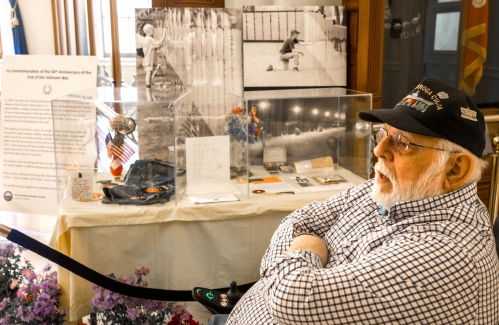
‘It’s always there’: 50 years after Vietnam War’s end, a Concord veteran recalls his work to honor it
Gary Gordon remembers marching through the streets of Washington, D.C., with fellow veterans at the Vietnam Veterans Memorial’s dedication in 1982.
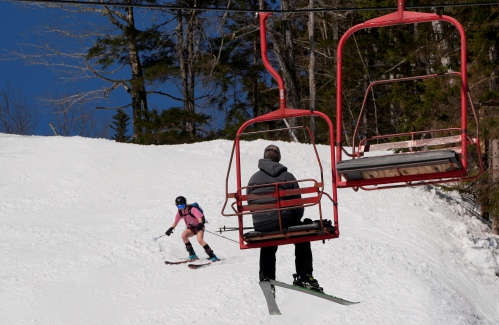
Black Mountain ski area one of the last resorts on the East Coast to close May 3rd
April skiing is a luxury most mountains can’t afford, and May skiing is a rare thing usually reserved for those willing to hike up with their gear, but Black Mountain is still spinning lifts and will have its latest closing day in 90 years.
Most Read
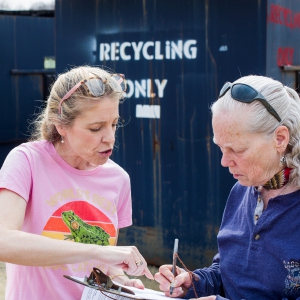 ‘Anger and backlash’ – Allenstown residents frustrated over elimination trash services
‘Anger and backlash’ – Allenstown residents frustrated over elimination trash services
 New Hampshire State Police join ICE task force
New Hampshire State Police join ICE task force
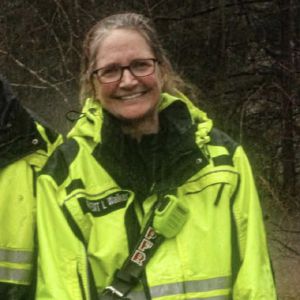 Former superintendent of the year is resigning to become EMT amid rising political attacks on schools
Former superintendent of the year is resigning to become EMT amid rising political attacks on schools
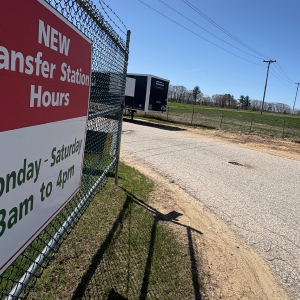 Large solar array proposed for Concord’s closed landfill
Large solar array proposed for Concord’s closed landfill
 What’s in New Hampshire’s waste stream?
What’s in New Hampshire’s waste stream?
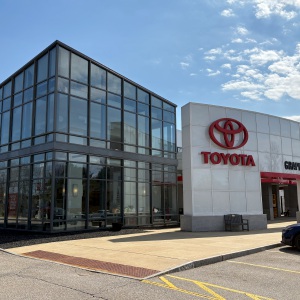 Two of five Grappone auto franchises to be sold as part of family transition
Two of five Grappone auto franchises to be sold as part of family transition
Editors Picks
 The Monitor’s guide to the New Hampshire legislature
The Monitor’s guide to the New Hampshire legislature
 Texas veteran joined his sister in NH, hoping to find housing. He died while homeless less than a year later
Texas veteran joined his sister in NH, hoping to find housing. He died while homeless less than a year later
 Sunshine Week: Searchable database of what Concord city employees were paid in 2024
Sunshine Week: Searchable database of what Concord city employees were paid in 2024
 Immigrants in New Hampshire face uncertainty as temporary protections expire soon
Immigrants in New Hampshire face uncertainty as temporary protections expire soon
Sports

MV star an ace on court and diamond
Kayla Smith recently led the Merrimack Valley Pride girls’ basketball team to great heights and was named the Concord Monitor’s Player of the Season.
 High schools: Baseball, softball, lacrosse results
High schools: Baseball, softball, lacrosse results
 Track: Merrimack Valley boys win elite Black Bear Invitational championship
Track: Merrimack Valley boys win elite Black Bear Invitational championship
 Track: Hopkinton girls win inaugural Campbell Cougar Invitational
Track: Hopkinton girls win inaugural Campbell Cougar Invitational
 High schools: Weekend softball, baseball, lacrosse and tennis results
High schools: Weekend softball, baseball, lacrosse and tennis results
Opinion
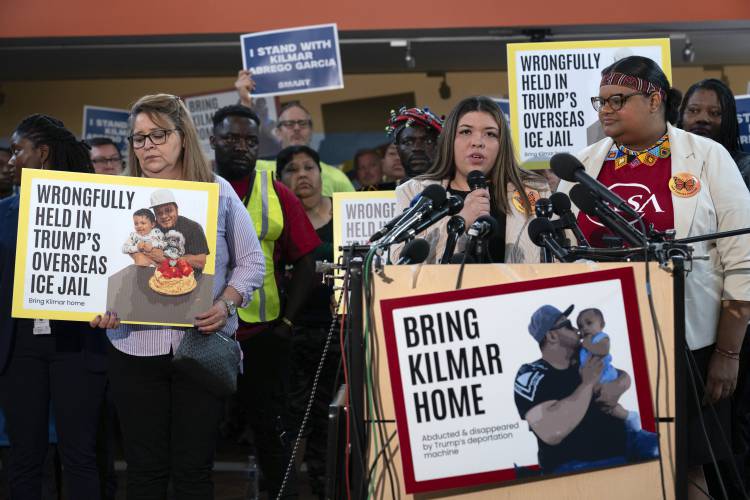
Opinion: Calling out fascism
Jonathan Baird lives in Wilmot.
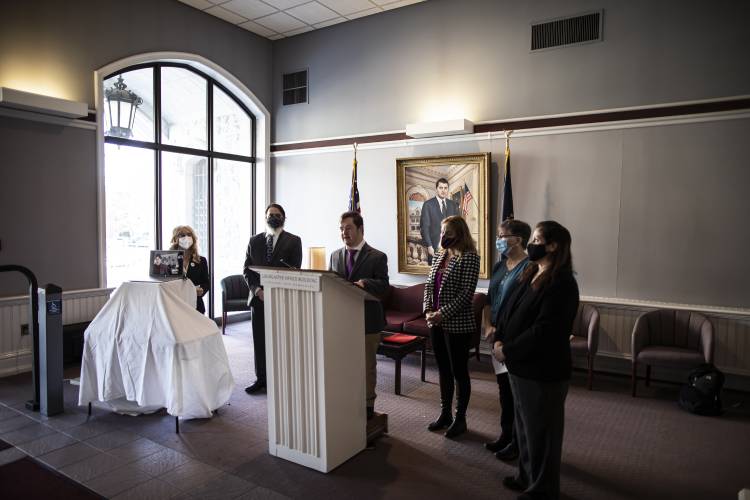 Opinion: What do we do when there are no margins left to cut?
Opinion: What do we do when there are no margins left to cut?
 Opinion: The uniqueness of American imperialism
Opinion: The uniqueness of American imperialism
 Opinion: The Declaration of Independence is the antidote to Project 2025
Opinion: The Declaration of Independence is the antidote to Project 2025
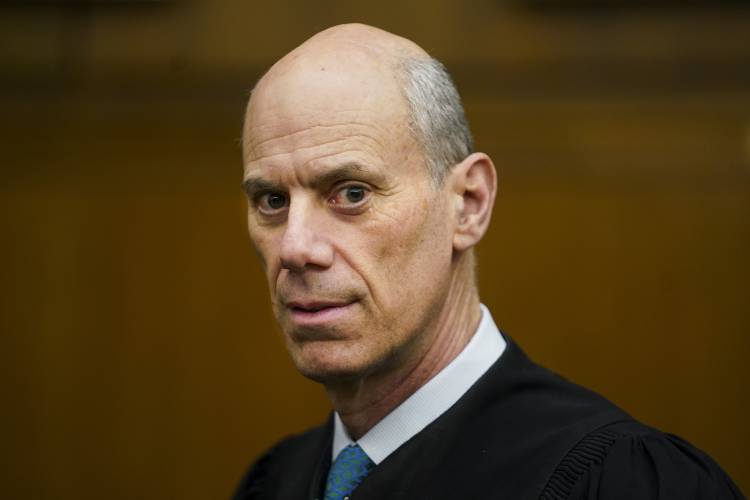 Opinion: Teaching law while the rule of law crumbles
Opinion: Teaching law while the rule of law crumbles

Your Daily Puzzles

An approachable redesign to a classic. Explore our "hints."

A quick daily flip. Finally, someone cracked the code on digital jigsaw puzzles.

Chess but with chaos: Every day is a unique, wacky board.

Word search but as a strategy game. Clearing the board feels really good.

Align the letters in just the right way to spell a word. And then more words.
Politics

‘A wild accusation’: House votes to nix Child Advocate after Rep. suggests legislative interference
Rosemarie Rung thinks of Elijah Lewis often.
 Sununu decides he won’t run for Senate despite praise from Trump
Sununu decides he won’t run for Senate despite praise from Trump
Arts & Life
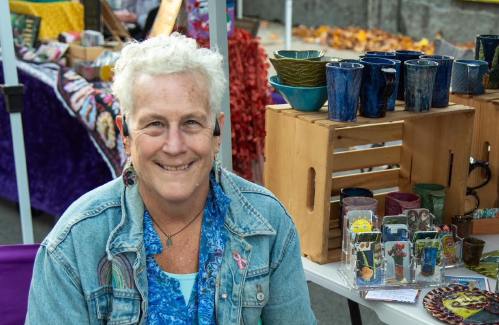
Artist spotlight: Elizabeth MacBride
With creativity abounding in the community around us, The Concord Insider, in collaboration with Concord Arts Market, will begin highlighting local artists on a regular basis. The first artist spotlight focuses on Elizabeth MacBride, who lives in Contoocook.
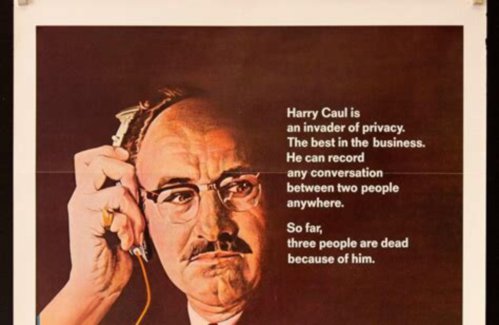 NHTI to screen “The Conversation” for latest Night at the Movies
NHTI to screen “The Conversation” for latest Night at the Movies
 Summer camp aviation scholarships available to middle school girls
Summer camp aviation scholarships available to middle school girls
 Best Buddies Friendship Walk to celebrate inclusion
Best Buddies Friendship Walk to celebrate inclusion
 Community Players to present “Our Town” at Concord City Auditorium
Community Players to present “Our Town” at Concord City Auditorium
Obituaries
 Joan Oberman
Joan Oberman
Bow, NH - Joan M. Oberman, 90, died April 21, 2025 at the Jack Byrne Center for Palliative & Hospice Care in Lebanon. She passed away peacefully with her sons at her side, leaving behind a legacy of love, strength, and resilience. She w... remainder of obit for Joan Oberman
 Lyman Abbott Cousens
Lyman Abbott Cousens
Boscawen, NH - Lyman Abbott Cousens 3rd, 87, passed away on April 24, 2025. Lyman was born February 17, 1938, in Portland, Maine. He grew up in Cape Elizabeth and attended Cape schools and Governor's Academy. Lyman attended Bowdoin Coll... remainder of obit for Lyman Abbott Cousens
 Donald V. Silver Jr.
Donald V. Silver Jr.
Donald V. Silver, Jr. Tilton, NH - Donald Vernon Silver, Jr. was born on November 17, 1944 to Donald V. and Marguerite P. Silver. He spent most of his life in Boscawen, NH, moving to Franklin, NH in 2013. He passed away peacefully at the... remainder of obit for Donald V. Silver Jr.
 Patricia Ann Wilcox
Patricia Ann Wilcox
Epsom, NH - Patricia Ann Wilcox, 79, of Epsom, passed away unexpectedly at her home on Friday, April 18, 2025. She was born on August 8, 1945, in Throop, PA, daughter of the late James and Sandra (Oshetski) McCooey. Patricia receiv... remainder of obit for Patricia Ann Wilcox


 Bill on school mask mandates in crosshairs in NH Senate
Bill on school mask mandates in crosshairs in NH Senate
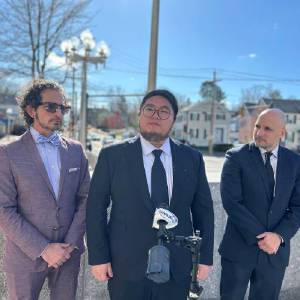 Federal judge orders Trump admin to maintain Dartmouth Ph.D. student’s legal status
Federal judge orders Trump admin to maintain Dartmouth Ph.D. student’s legal status
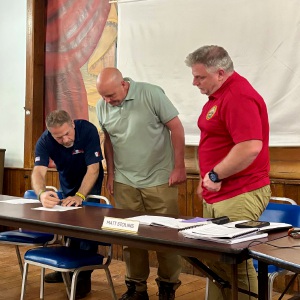 ‘A full board’: After frustration, Chichester appoints a third selectman
‘A full board’: After frustration, Chichester appoints a third selectman
 25-year-old man shot by police in Keene, AG investigating
25-year-old man shot by police in Keene, AG investigating
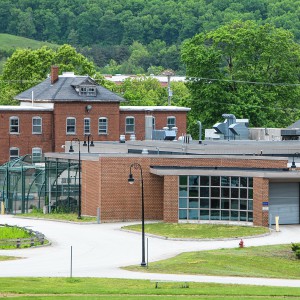 ‘Hanging on a rope’: Victims wait as lawmakers debate the future of the YDC fund
‘Hanging on a rope’: Victims wait as lawmakers debate the future of the YDC fund
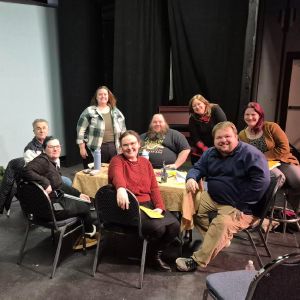 Pittsfield Players present “The Laramie Project”
Pittsfield Players present “The Laramie Project”
 High schools: MV sweeps track meet at Kennett, Tuesday’s area results
High schools: MV sweeps track meet at Kennett, Tuesday’s area results
 Facing 30% budget cut, university leaders say raising tuition is not an option
Facing 30% budget cut, university leaders say raising tuition is not an option
 Boys’ Lacrosse: Concord runs away with a win in 2OT against Hollis-Brookline, 12-11
Boys’ Lacrosse: Concord runs away with a win in 2OT against Hollis-Brookline, 12-11

 Town elections offer preview of citizenship voting rules being considered nationwide
Town elections offer preview of citizenship voting rules being considered nationwide Medical aid in dying, education funding, transgender issues: What to look for in the State House this week
Medical aid in dying, education funding, transgender issues: What to look for in the State House this week On the Trail: Shaheen’s retirement sparks a competitive NH Senate race
On the Trail: Shaheen’s retirement sparks a competitive NH Senate race
